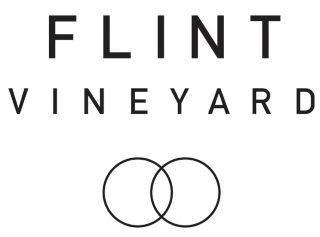
Do we actually know what we like to drink when it comes to wine? In my view I believe we don’t know as much as we might think and I’d like to explain why.
Imagine a spectrum of perceived wine tasting knowledge. At one extreme is zero knowledge of wine. At the other is a full appreciation of all wines of the world. This is hugely over simplified and it is actually quite impossible for a grown adult to be at either end of the scale. It’s also important to note that this is perceived knowledge – not actual. But please bear with me.
In my experience you often get the below two types of people floating about at either end of the scale.
The Wine Buff is someone who has a deep interest in wine, may have visited a number of wine regions and has studied wine tasting to an involved level. They may have read up about soil types, grape varieties or terroir and feel in company that they should be able to demonstrate their ability to spot a fine wine or pick out the correct vintage or region. Let me clarify that I’m not suggesting all wine buffs are like this but the hypothetical worst of these types will often think they know what they like to taste and will be quite vocal about it.
The Wine Anti-Buff is the antithesis of The Wine Buff and has no inclination to learn about wine and not the pretence to wish to demonstrate this. They might be skepitcal about wine buffs and snobbery in general and like to think of themselves as down to earth and straightforward in their tastes. They might come out with a line like ‘I don’t know anything about wine but I know what I like’.
WHAT ARE YOU ON ABOUT BEN?
The point is that both The Wine Buff and Wine Anti-Buff have something in common. Although they have very different perceptions of their wine tasting knowledge they both think they know what they like to taste. But they are both wrong as this is impossible….Why?
THIS IS WHY…
We experience taste by using more than just our sense of taste. There is our olfactorary system (smell) but also sight, sound and touch. We can be distracted and influenced too when it comes to tasting. It’s called multi-sensory perception. Peer-reviewed scientific trials have demonstrated that even trained tasters can get things very wrong just by applying external influences such as noise, colour or tricks to cause bias. This is also why cheap French wine tastes cr*p when you get it home. It has nothing to do with bottle shock – that’s just a term used by wine buffs to make them feel better about themselves.
An example straight from the horses mouth is from when I was in my second year of studying for a BSc in Viticulture and Oenology at Plumpton College in Sussex. The brilliant Matthew Hudson was taking a class that I was part of for the Wines of the World module – the equivalent of the WSET Diploma. We were tasting rosé wines blind and getting very involved, geeky and appreciative! Out came the last wine – surely to be the pièce de résistance. We salivated with anticipation and gosh it was good. The best part of the lecture, however, was when Matthew revealed the wines to us one by one and allowed us all to share our views. We loved this bit as it made us all feel rather clever. Finally, the last wine was unveiled and to our horror it was a Mateus Rosé. We had been tricked – normally Matthew left the best until last.
THE POINT OF ALL THIS IS…
The experience with the Mateus Rosé taught me almost as much as the technical wine making things I learnt. It is true across all disciplines that the more you learn, the less you know. Even after I left uni I still hadn’t worked things out properly. I bugged the head winemaker I worked for in Beaujolais about how Californian wines had scored more highly than their French counterparts in the infamous ‘Judgement of Paris’ competition in the 70s. The winemaker replied that ‘Wine is a story and that it can’t be judged on a single day’. I laughed to myself thinking he was just using this as an excuse for not pinning down what he really thought or liked.
It only clicked once I started making wine myself. It’s strange that it took this long as the romance and nonsense about wine had been knocked out of me years before this. Having made wine and seen the process end to end it became clear to me that the magic doesn’t come from anything particularly magical. Winemaking requires many tiny decisions to be made from grape through to bottle. These decicions are individually fairly simple and it is only when you stack them all together that the complexity of the thought that has gone into it all can be appreciated.
This has led me to the comfortable satisfaction of knowing that wine is not a supernatural drink and the reverence that it receives is sometimes given mistakenly. It is fermented grape juice from fruit that has been laboured over in the field. I don’t waste my time pretending otherwise. You’ll never know everything about wine and in fact there aren’t any single secrets that you really need to know. It’s not possible to define a wine on one particular day or to assess its quality based solely on taste and smell. Without appreciating its story wine cannot be fully appreciated. The story is for me is where the magic comes into play. The Wine Buff could learn from this in not being too proud to admit that they are influenced by other factors including a wine’s story and The Wine Anti-Buff could learn that it’s too simplistic to just say you know what you like and that nothing else counts. Wine is magical, romantic, spellbinding and captivating but not always for the reasons you might think.

